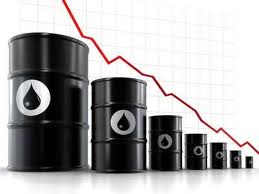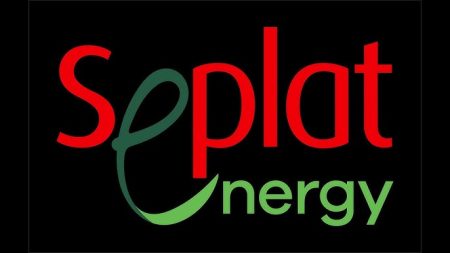 12 April 2012, Sweetcrude, HOUSTON – Depressed by news of lower estimates of global oil demand and higher Organisation of Petroleum Exporting Countries (OPEC) production, Brent crude oil slipped below $120 per barrel, Thursday.
12 April 2012, Sweetcrude, HOUSTON – Depressed by news of lower estimates of global oil demand and higher Organisation of Petroleum Exporting Countries (OPEC) production, Brent crude oil slipped below $120 per barrel, Thursday.
Latest reports indicate that the oil market is looking increasingly well supplied as Middle East output rises while fuel demand across the industrialised and developing economies is weaker than expected.
The International Energy Agency, which advises 28 industrialised nations on energy policy, said in its monthly report the oil market could be turning the corner after more than two years of tightening as global oil inventories rose.
“The cycle of repeatedly tightening fundamentals since 2009 has been broken for now,” the IEA report said.
ICE Brent futures fell 53 cents to $119.65 a barrel by 1240 GMT, after touching a low of $119.51 earlier in the session. U.S. oil was up 2 cents at $102.72. The dollar weakened against a basket of currencies.
“I think again the IEA report illustrates that there is plenty of oil in the market at the moment. There is no shortage There is too much – a physical oversupply,” said Carsten Fritsch, oil analyst at Commerzbank.
Oil industry analysts and traders said prices were being underpinned by fears of supply disruptions if tensions between Iran and the West erupted into confrontation. Hopes of strong global economic growth were also supportive.
“Economic growth in China and geopolitical risks over Iran and Syria are helping to keep up prices,” said Christopher Bellew, senior oil broker at Jefferies Bache in London.
Oil investors are awaiting talks this weekend between Iran and major world powers after Tehran said it would present new proposals which might help resolve the dispute over its nuclear plans.
The offer for new proposals was made by head of Iran’s Supreme National Security Council, Saeed Jalili, according to the country’s English-language Press TV. It was unclear if Tehran was willing to address its disputed uranium enrichment drive as six world powers want.
“The Iran meeting is going to be very important input for the second half of the year,” said Oliver Jakob at consultancy Petromatrix. “Speculators are on the long side and will be repositioning tomorrow.”
Previous rounds of talks with the five UN Security Council members – the United States, Britain, France, Russia and China, plus Germany – foundered in part because of Iran’s refusal to discuss the scope of its uranium enrichment.
The IEA said Iran was producing less oil now than last year thanks to the impact of sanctions by Washington and the European Union.
But oil markets were well supplied, the IEA said, adding that global oil stocks may have built by as much as 1 million barrels per day during the first quarter of this year.
Saudi Arabia was producing around 10 million barrels per day in March, the IEA said, 1 million barrels per day higher than a year earlier.
Saudi Oil Minister Ali al-Naimi confirmed to reporters on Thursday that Saudi Arabia had risen to that level in April.
“Oil supply is plentiful,” Naimi said on a visit to South Korea. “There is no shortage.”
OPEC in its monthly report also said oil markets are well supplied and the only reason prices are high is the perceived danger of a supply shortage.
Iraqi crude production has also risen to the highest level since May 2001 and will largely offset Iranian losses. Output was up 220,000 barrels per day to 2.835 million barrels per day in March, according to the IEA’s report.
Offtake from traditional buyers of Iranian crude oil production is expected to fall by 800,000 to 1 million barrels per day (barrels per day) by mid summer after sanctions come into place in July.



